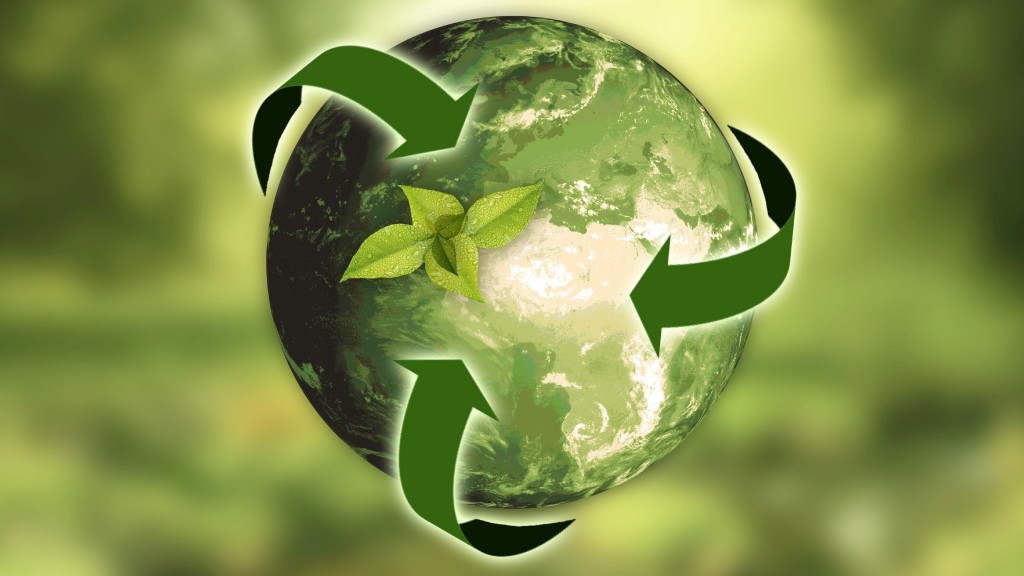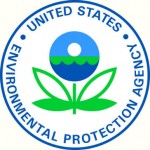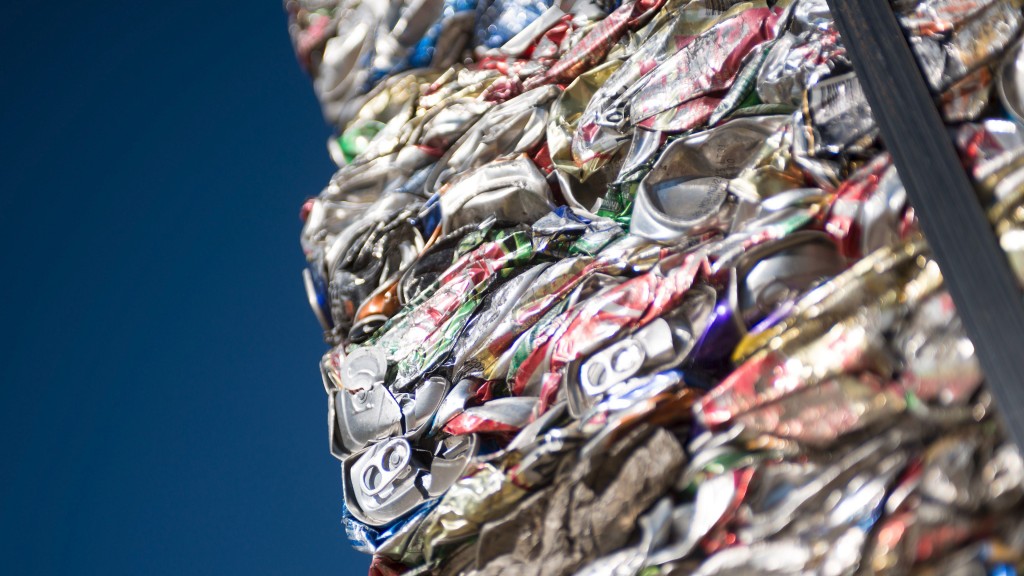
The U.S. Environmental Protection Agency will send $2,198,867 in research funding to 22 small businesses to develop technologies that will help protect health and the environment. The 22 small businesses will use EPA funding to develop their novel projects, including an AI-based mapping tool to support first responders during disasters, a reactor to remove PFAS from sewage waste, and a self-cleaning indoor air purification system for use during wildfires.
"EPA's small business research funding allows us to harness the cutting-edge technology these small companies are developing to help solve complex environmental issues," said Chris Frey, assistant administrator of EPA's Office of Research and Development. "EPA's funding will help these businesses move their designs from concept to reality and help grow the green economy."
The companies are receiving Phase I awards as part of EPA's Small Business Innovation Research program. The 22 small businesses are receiving funding of up to $100,000 for six months for "proof of concept" of their proposed technologies. Companies that complete Phase I can then apply to receive a Phase II award of $400,000 to further develop and commercialize their technologies.
The following small businesses are receiving SBIR Phase I awards:
- Creekside Environmental Products (Starkville, Miss.) to develop low-cost adsorbents from waste products like rice hulls and biochar to reduce PFAS in drinking water, wastewater, and agricultural systems.
- Fourth State, LLC (Ann Arbor, Mich.) to develop a plasma reactor that destroys PFAS and removes heavy metals in landfill leachate and other wastewaters.
- IM Technologies (Shoreham, N.Y.) to develop a plasma system to degrade PFAS levels for water purification and reuse.
- River Otter Renewables, Inc. (Stow, Mass.) to develop a reactor to remove PFAS from sewage waste and transform it into a renewable energy source.
- Water Illumination, Inc. (Irvine, Calif.) to develop technology using UV light to destroy PFAS in wastewater without producing harmful byproducts.
- Triton Systems, Inc. (Chelmsford, Mass.) to develop a microsensor technology to remotely identify harmful algae blooms and toxins in terrestrial water.
- DiPole Materials (Baltimore, Md.) to develop affordable, adaptable, and effective biodegradable filters made from nanofibers to clean indoor air during wildfires.
- Metalmark Innovations, PBC (Cambridge, Mass.) to develop a new nanostructured coating on HVAC filter media to improve the removal of wildfire smoke.1
- Holochip Corporation (Torrance, Calif.) to develop a mobile mapping application that does not require access to GPS, Bluetooth, or Wi-Fi for users in disaster areas.
- VISIMO, LLC (Carnegie, Pa.) to develop an AI-based indoor mapping tool to support first responders and other response personnel in disaster areas.
- GreenLifeTech Corporation (Banner Elk, N.C.) to develop a system for increasing the shelf-life of produce by recirculating oxygen in refrigerators.
- SafetySpect, Inc. (Grand Forks, N.D.) to develop a handheld device to determine the shelf life of red meat to reduce unnecessary waste.
- ChemFinity Technologies, Inc. (Brooklyn, N.Y.) to develop a method to extract and recycle precious metals from solid waste, including from catalytic converters.
- KLAW Industries, LLC (Binghamton, N.Y.) to develop an autonomous robotic system for sorting recycling that improves recovery and reduces cost.
- Recirclable, LLC (Arlington, Mass.) to develop an innovative approach to increase reuse in restaurant takeout practices and reduce single-use container waste.
- Valis Insights, Inc. (Worcester, Mass.) to develop an AI-powered software tool to recover valuable materials from metal recycling.
- Acadian Research & Development, LLC (Laramie, Wyo.) to develop an environmentally friendly, low-cost method of producing graphene oxide from wood waste to increase concrete strength and reduce the amount of concrete needed for construction projects.
- Lab to Market Fund, LLC, DBA Adhesion Technologies (Cambridge, Mass.) to develop novel bio-based adhesives for wood products in the construction industry to mitigate carbon dioxide and other emissions.
- Material Reuse, LLC (Gainesville, Fla.) to develop a time-efficient and robust assessment of existing buildings for salvageable and reusable products and materials prior to demolition.
- The SMART Tire Company, Inc. (Akron, Ohio) to develop an innovative and safe process for the reuse and recycling of superelastic shape memory alloys for airless, never-flat tires.
- Molecular Rebar Design, LLC (Austin, Texas) to develop carbon nanotubes as an alternative to 6PPD to strengthen tires, preventing microcracks and premature tire failure.
- GreenTechnologies, LLC (Jacksonville, Fla.) to develop a technology to transform food waste into enhanced efficient fertilizers.



